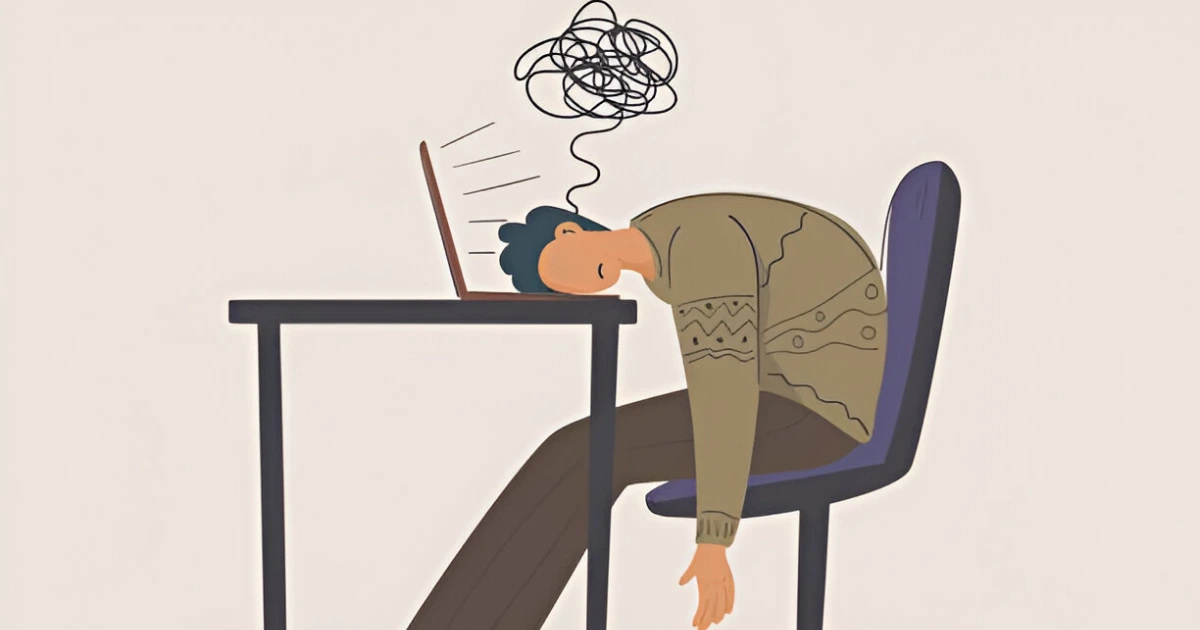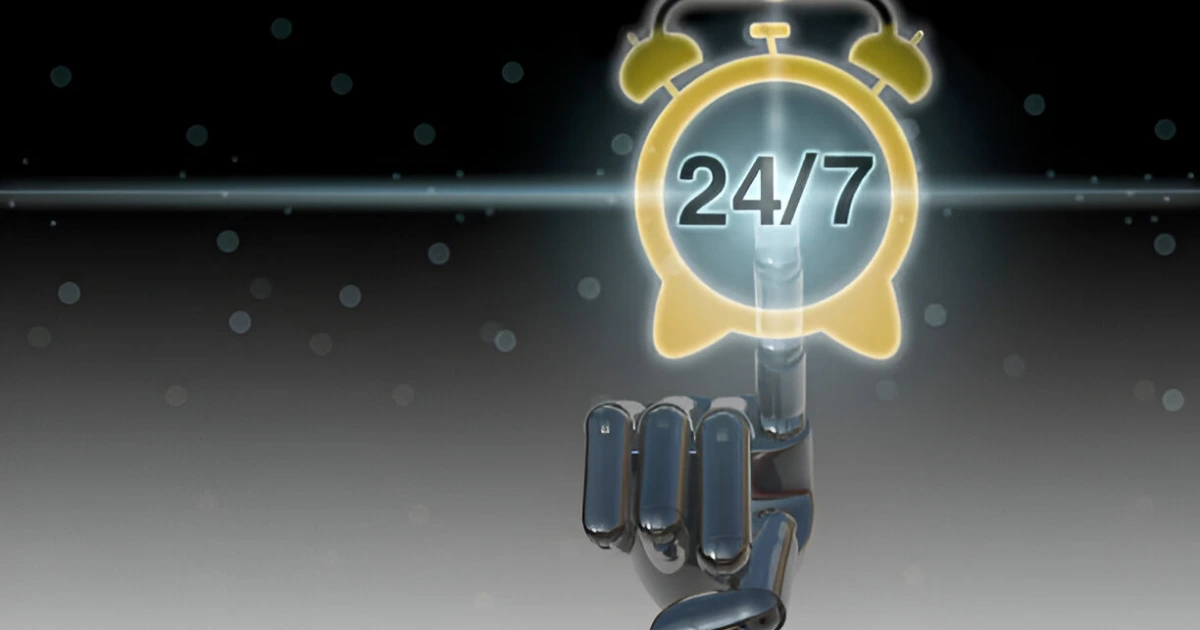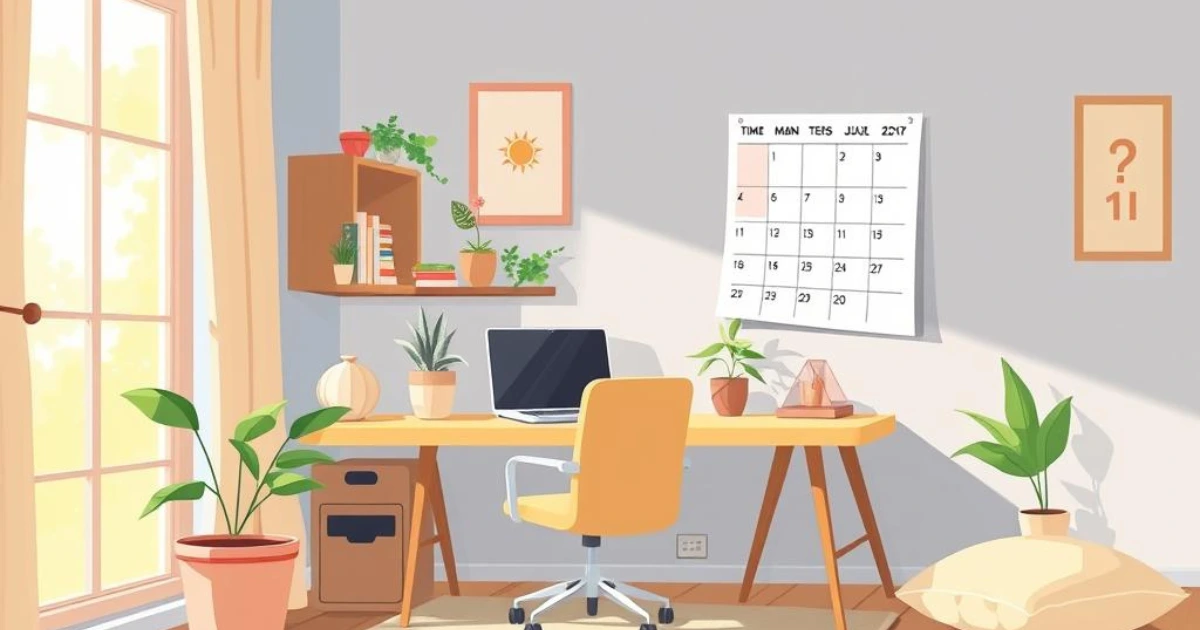Recognizing Burnout: The Hidden Signs You Shouldn’t Ignore
In today’s fast-paced world, burnout is a big problem for many workers. It happens when stress and hard work go on for too long. This can make you feel very tired, both physically and mentally.
This article will help you spot the signs of burnout early. This way, you can take care of yourself before it affects your job and health too much.
Table of Contents
Key Takeaways
- Burnout is a state of emotional, physical, and mental exhaustion caused by prolonged exposure to workplace stress.
- Recognizing the early signs of burnout is crucial for maintaining your well-being and professional success.
- weakness can negatively impact your work productivity, work-life balance, and overall job satisfaction.
- Addressing weakness requires a proactive approach, including self-care, workplace communication, and seeking professional support when necessary.
- Prioritizing your mental and physical health is essential for preventing and overcoming weakness.
Understanding Professional weakness and Its Impact
Chronic work stress can deeply affect your job performance and well-being. It’s key to understand weakness to spot its signs early. This way, you can tackle it before it harms your career and personal life.
The Science Behind Chronic Work Stress
Being under constant work pressure activates your body’s stress response. This can cause your heart rate to go up, blood pressure to rise, and weaken your immune system. These changes can hurt your productivity and job happiness over time.
How Burnout Affects Your Professional Performance
it’s can show up in many ways, making your job harder. You might struggle to focus, make decisions, or finish tasks well. It can also make you feel emotionally drained, disconnected, and less accomplished, affecting your performance.
The Difference Between Stress and tiredness
Stress and weakness are not the same. Stress is a normal reaction to tough situations and can motivate you. however, is a state of exhaustion from too much work stress. It can make you lose motivation and feel disconnected from your job.
“Burnout is what happens when you try to avoid being human for too long.”
Signs of Workplace Burnout
It’s important to know the signs of weakness at work. it’s can show up in many ways, affecting your feelings, actions, and thinking. Spotting these signs early can help you deal with job dissatisfaction and avoid work exhaustion.
Feeling cynical at work is a big sign of tiredness. You might start to doubt your job’s value or feel critical of your team. This can make it hard to enjoy or find meaning in your work.
- Decreased motivation and engagement with work
- Difficulty concentrating or staying focused
- Feelings of helplessness or hopelessness
- Irritability, impatience, or short temper
- Neglecting personal care or work responsibilities
Physical signs like tiredness, headaches, or muscle pain can also show up. Problems with sleep, like not sleeping well or sleeping too much, can make these symptoms worse.
| Emotional Symptoms | Behavioral Symptoms | Cognitive Symptoms |
|---|---|---|
| Increased irritability | Procrastination | Difficulty concentrating |
| Feelings of hopelessness | Neglecting personal hygiene | Reduced creativity |
| Emotional detachment | Absenteeism or tardiness | Impaired decision-making |
Spotting workplace burnout signs early can help you fix the problems. This way, you can find balance and happiness in your job again.
Physical and Emotional Manifestations of Burnout
Work demands can wear you down, affecting your body and mind. tiredness, a state of chronic stress, can harm your health and life quality. It’s important to know the signs to tackle this issue and find balance again.
Mental Health Indicators
weakness can hurt your mental health a lot. You might feel more anxious, hopeless, and unmotivated. Signs like irritability, mood swings, and trouble focusing show burnout’s mental toll.
Physical Symptoms to Watch For
Burnout also affects your body. You might feel physical exhaustion, headaches, and muscle tension. A weakened immune system can make you get sick more often.
Changes in Sleep and Energy Patterns
Burnout messes with your sleep and energy. You might have sleep disturbances like insomnia. This can make you feel even more tired and exhausted.
It’s key to tackle weakness’s physical and emotional effects. Recognizing signs and addressing causes can help you regain balance and fulfillment at work and in life.
Conclusion
It’s key to spot and tackle workplace burnout to keep your career healthy. Knowing the signs and reasons behind weakness helps you act early. Remember, taking care of yourself and balancing work and life is essential for lasting success and happiness in your job.
Using good prevention methods, like setting limits, managing stress, and getting help when needed, keeps you strong. This way, you avoid burnout’s bad effects. By focusing on your well-being, you improve your work and make a better work place for everyone.
Stopping weakness might be tough, but a rewarding career is worth the effort. Use the tips from this article to start your journey to a better, more enjoyable career. Your long-term success and happiness depend on it.
FAQ
What is the definition of workplace burnout?
Workplace burnout is a state of exhaustion from too much stress at work. It makes you feel very tired, unmotivated, and like you’re not achieving anything. It’s a mix of physical, emotional, and mental exhaustion.
How can I recognize the early signs of burnout?
Early signs of weakness include doing worse at work and feeling irritable or cynical. You might find it hard to focus and feel disconnected from your job. You could also start to feel physical symptoms like headaches or muscle tension.
What are the long-term consequences of unaddressed burnout?
Ignoring weakness can harm you in many ways. It can make you less productive and damage your relationships. It can also lead to mental health problems like depression or anxiety. Even physical health issues, like heart disease, can occur.
How can I prevent or mitigate the effects of burnout?
Prevent burnout by establishing firm boundaries between your work and personal life. Make time for self-care, like exercise and relaxation. Also, talk to your colleagues, manager, or a mental health expert for support. Taking care of yourself helps keep your work and personal life in balance.
When should I seek professional help for burnout?
If weakness is really affecting your life, get help from a mental health professional. They can offer personalized advice and resources. This can help you find ways to cope and regain your balance and well-being.







